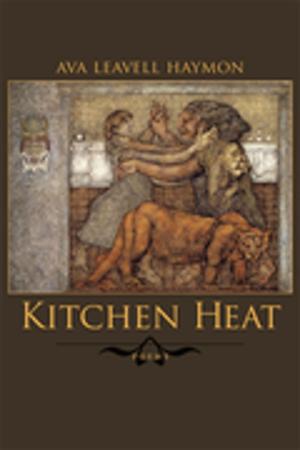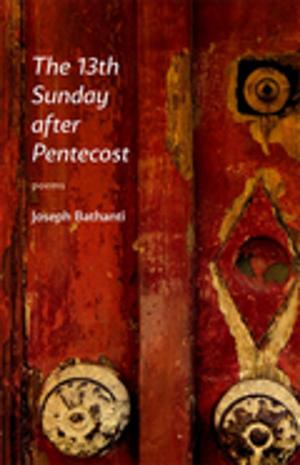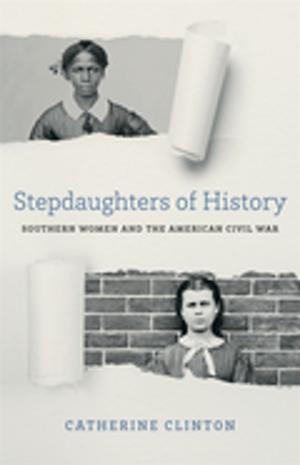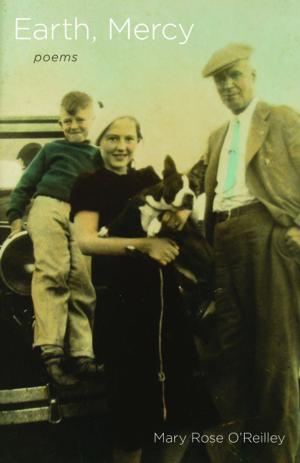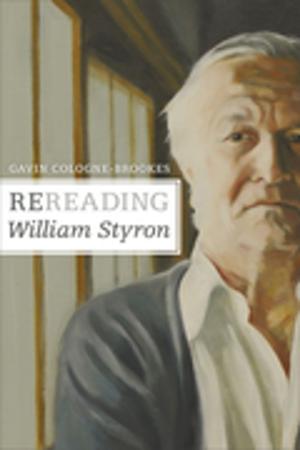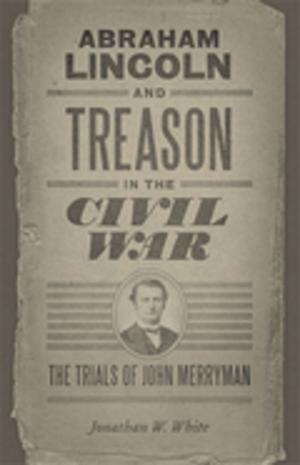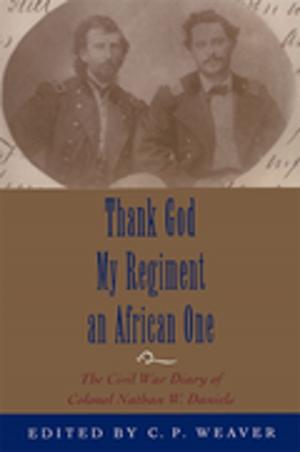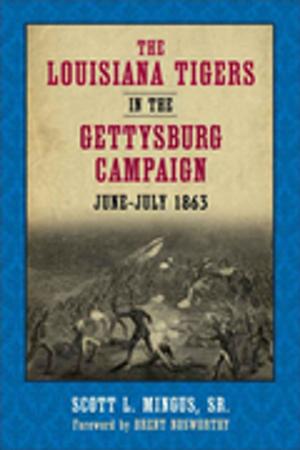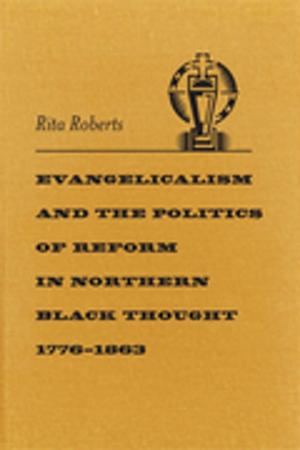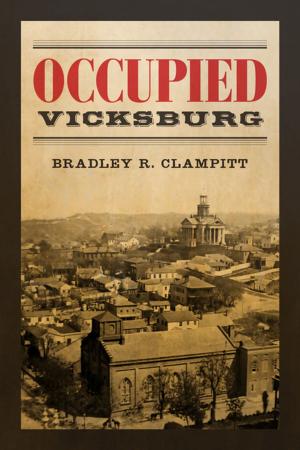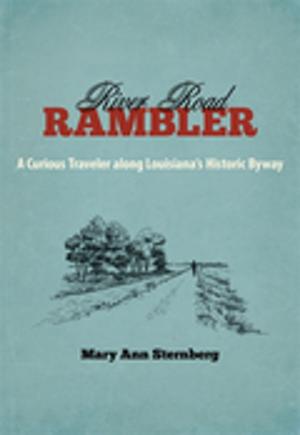On The Prejudices, Predilections, and Firm Beliefs of William Faulkner
Fiction & Literature, Literary Theory & Criticism, American| Author: | Cleanth Brooks | ISBN: | 9780807149454 |
| Publisher: | LSU Press | Publication: | November 1, 1987 |
| Imprint: | LSU Press | Language: | English |
| Author: | Cleanth Brooks |
| ISBN: | 9780807149454 |
| Publisher: | LSU Press |
| Publication: | November 1, 1987 |
| Imprint: | LSU Press |
| Language: | English |
It seems appropriate, if not inevitable, that one of our best critics should be the foremost authority on one of our best novelists. Cleanth Brooks, the author of three seminal studies of William Faulkner, has been a serious student of that master craftsman's fiction for more than four decades. In this new collection, Brooks considers many of the important characteristics of Faulkner's work. He focuses more specifically than he has in the past on certain questions and in some instances offers rebuttals to what he considered unfair assessments of Faulkner.
In the first essay, Brooks challenges the notion that Donald Davidson, John Crowe Ransom, Robert Penn Warren, and other members of the Fugitive-Agrarian movement at Vanderbilt University were slow to recognize Faulkner's achievements. Indeed, Brooks provides clear evidence not only that the Fugitives were early supporters of Faulkner but that Faulkner and the Fugitives shared many concerns and ideas about their region. Brooks also writes about Faulkner's personal beliefs and demonstrates how the virtues Faulkner held in highest esteem -- such as courage and honor -- are embodied in his fiction. In two essays, "Faulkner and the Community" and "Faulkner's Two Cities," Brooks analyzes the importance of a closely knit world -- specifically the hill region of north Mississippi and the cities of Memphis and New Orleans -- to Faulkner's works.
Brooks considers Faulkner's serious regard for the chivalric tradition, as well as his amusement in Gavin Stevens' exemplification of it in Intruder in the Dust and Requiem for a Nun. Faulkner's treatment of women characters, especially in Light in August and The Hamlet, is discussed, as are his ideas about the American Dream.
These essays are vintage Brooks. The prose is, as always, felicitous, the manner modest and winning, the thought pertinent and rigorous. Despite the thematic diversity of the essays, the emphasis is ultimately the same: reading and rereading the novels of William Faulkner is a continuing pleasure and an enduring challenge.
It seems appropriate, if not inevitable, that one of our best critics should be the foremost authority on one of our best novelists. Cleanth Brooks, the author of three seminal studies of William Faulkner, has been a serious student of that master craftsman's fiction for more than four decades. In this new collection, Brooks considers many of the important characteristics of Faulkner's work. He focuses more specifically than he has in the past on certain questions and in some instances offers rebuttals to what he considered unfair assessments of Faulkner.
In the first essay, Brooks challenges the notion that Donald Davidson, John Crowe Ransom, Robert Penn Warren, and other members of the Fugitive-Agrarian movement at Vanderbilt University were slow to recognize Faulkner's achievements. Indeed, Brooks provides clear evidence not only that the Fugitives were early supporters of Faulkner but that Faulkner and the Fugitives shared many concerns and ideas about their region. Brooks also writes about Faulkner's personal beliefs and demonstrates how the virtues Faulkner held in highest esteem -- such as courage and honor -- are embodied in his fiction. In two essays, "Faulkner and the Community" and "Faulkner's Two Cities," Brooks analyzes the importance of a closely knit world -- specifically the hill region of north Mississippi and the cities of Memphis and New Orleans -- to Faulkner's works.
Brooks considers Faulkner's serious regard for the chivalric tradition, as well as his amusement in Gavin Stevens' exemplification of it in Intruder in the Dust and Requiem for a Nun. Faulkner's treatment of women characters, especially in Light in August and The Hamlet, is discussed, as are his ideas about the American Dream.
These essays are vintage Brooks. The prose is, as always, felicitous, the manner modest and winning, the thought pertinent and rigorous. Despite the thematic diversity of the essays, the emphasis is ultimately the same: reading and rereading the novels of William Faulkner is a continuing pleasure and an enduring challenge.

